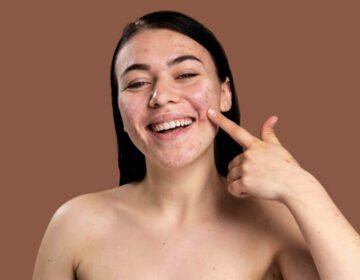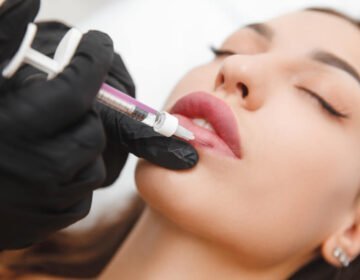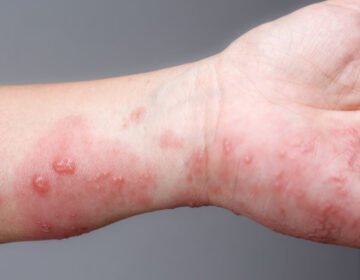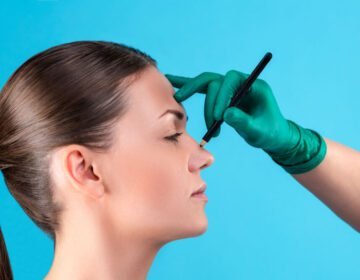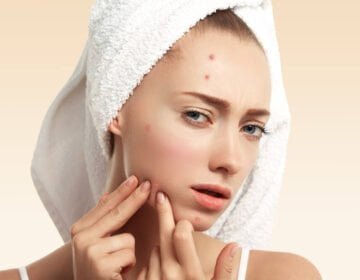
Understanding compulsive eating before your period
As a woman, you are undoubtedly familiar with the routine of eating certain foods before your monthly period. But do you know why there is a greater desire to eat chocolate and junk foods during that time of the month? This case is known as compulsive eating.
What is compulsive eating?
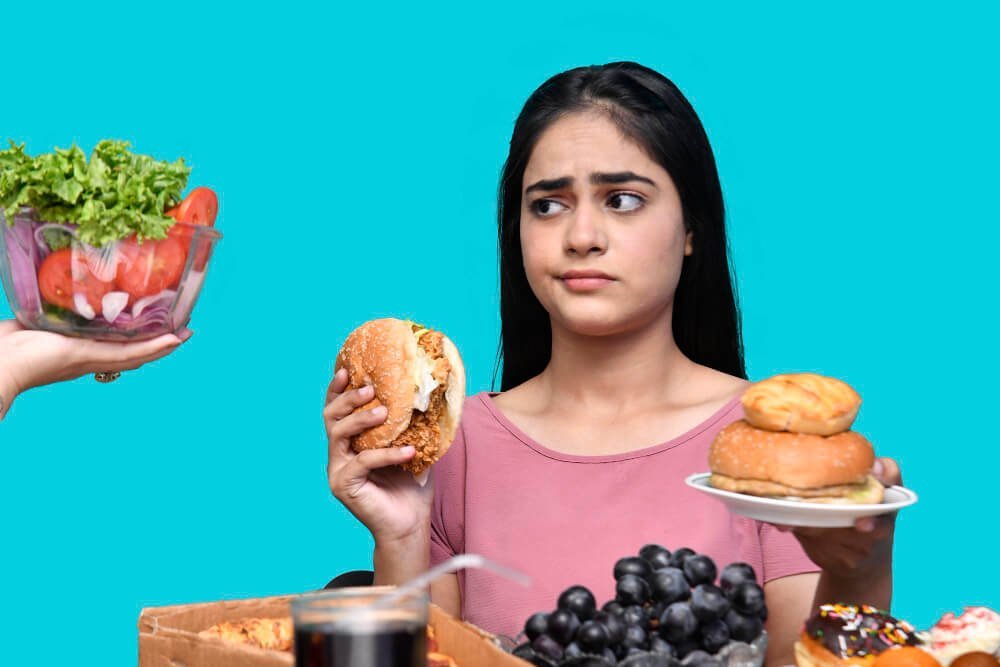
Compulsive eating is also known as binge eating. It is characterized by a solid and uncontrollable impulse to eat a large number of foods.
In some cases, compulsive eating can also progress into binge eating disorder (BED). It is a kind of formal diagnosis. In others, it takes only a specific time, like during the time leading up to your period.
Is compulsive eating before a period normal?
Many people experience food cravings or a general increase in appetite during the days leading up to their menstrual periods.
These are some of the common symptoms of premenstrual syndrome (PMS), which affects over 85 percent of females at some point in their lives.
Some familiar symptoms of compulsive eating include:
- Eating more when you are not even hungry or even when you are feeling full
- Eating a large amount of food
- The feeling of being ashamed or upset after a binge
- Eating constantly throughout the day or eating in secret
Slight increases in hunger levels and food cravings are a regular, standard part of the menstrual cycle for many people.
Why does compulsive eating take place before periods?
According to the study, an ovarian hormone plays a vital role in compulsive eating. The study has shown that high progesterone levels during the premenstrual phase play a crucial role in compulsive eating and body dissatisfaction.
On the other hand, estrogen seems to be associated with a decrease in appetite. During ovulation, estrogen is at a higher level.
In simple words, right before your period, you are likely dissatisfied with everything. And this dissatisfaction can encourage you to eat more and more.
Compulsive eating before a period can sometimes be a symptom of premenstrual dysphoric disorder (PMDD). This form of PMS affects up to 10 percent of women of childbearing age. Symptoms of PMDD can be depression, mood changes, food cravings, or binge eating.
Some studies also suggest an association between binge eating and menstrual issues, such as irregular periods or an absence of periods.
How can I avoid compulsive eating?
The most effective way to reduce or avoid compulsive eating is to recognize whether the problem exists or not. You should also find out when you are more likely to binge. Once you do these things, consider following these tips for avoiding overeating.
Eat mindfully
- Make a routine to track everything you are eating, especially if you binge. Noticing how many calories you are eating might help you stop the cycle.
- Try eating more healthfully throughout the month. Consider cutting out foods that contain refined sugars.
- Eat more high-fiber foods like vegetables, beans, fruits, seeds, whole grains, etc.
Snack smart
- Avoid junk foods. It won’t be accessible if it is not in your house. Instead of junk foods, consider buying the ingredients for making healthy snacks with various flavors and textures.
- When you feel hungry again and again, consider drinking a glass of water with mint or fresh fruits. It might help curb your cravings. Eating a lollipop or chewing gum can also be helpful.
- For sweet cravings, whip up a fresh fruit and yogurt smoothie or sweet potato that has been topped with a small pat. Moreover, try this healthy cinnamon maple caramel popcorn recipe.
A person can find complex carbohydrates in:
- vegetables
- beans and lentils
- whole grains, such as brown rice and oats
Fuel up on iron
Load up on iron-rich foods in the pre-period stage. Foods like red meat, fish, and leafy greens can be beneficial before and during your period.
This will create a “feedback loop” for the body, and the body will know that you are taking care of it in the way that it needs.
Make healthy lifestyle choices.
- Stress can also lead to emotional eating during your period. Exercise, practice, and good sleep can help manage stress.
- You can join a support group like Overeaters Anonymous (OA). Talking with someone who can understand your feelings can be very helpful for you.
Boost your mood
Eating is not the only way to reduce fatigue and lift the mood.
This type of activity can also be very effective in boosting a person’s energy levels. If stress is putting a person in a low mood, he or she can benefit from relaxation techniques like:
- deep breathing
- mindfulness and meditation
- progressive muscle relaxation
- yoga
Give yourself a break.
Shame is one of the biggest reasons that leads to compulsive behaviors. It is essential to acknowledge these cravings and changes in the body and don’t try to restrict them too much.
Seek support from others
Talking to others about compulsive eating and other PMS symptoms can also help reassure and give a sense of relief.
You can speak to friends and family. You can also get benefits from attending Overeaters Anonymous support groups.
When should I call healthcare professionals?
Everyone will not need treatment for compulsive eating. If you find yourself bingeing more during periods or compulsive eating is causing you emotional stress or weight gain, it will be better to consult with health professionals.
According to the Mayo Clinic, there are various kinds of psychological counseling for binge eating disorders. They include:
- Cognitive Behavioural Therapy (CBT)
- Interpersonal Psychotherapy (ITP)
- Dialectical Behavioural Therapy (DBT)
DBT is a kind of CBT that focuses on emotional regulation. Different types of meditation can also be used. Premenstrual cravings are tough to tackle.
However arming yourself with good knowledge, healthy foods, and stress management techniques can be beneficial for tackling the urges. Take good care of your hygiene too.
If it becomes difficult to stop compulsive eating, consider getting help from professionals.
Summary
Changing levels of hormones often cause food cravings or a general increase in appetite in the days leading up to a period. By adopting some strategies, you can easily prevent or reduce these cravings. Moreover, you can also get benefits by seeking support and treatment from medical professionals.
See a doctor, if only the compulsive eating persists throughout the month, leads to significant weight gain, or causes depression or anxiety.



